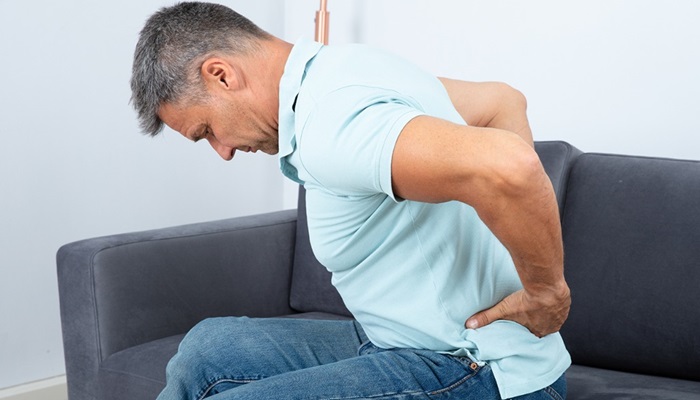Impotence, also known as erectile dysfunction, can be a distressing condition for many men. But there are several natural cures that can offer hope and relief.
This is a leading journal in the field of urology. It publishes a wide range of research studies related to male sexual health, including impotence. The journal features clinical trials that evaluate the effectiveness of various treatments such as medications (like Viagra and Cialis), surgical procedures, and alternative therapies. For example, it might have studies comparing the long – term efficacy and safety of different PDE – 5 inhibitors in treating erectile dysfunction. The research in this journal is peer – reviewed, ensuring high – quality and reliable information for urologists and other healthcare providers.
A journal dedicated to male health. It publishes research on the biological, psychological, and medical aspects of impotence. Studies in Andrology may focus on the role of hormones in erectile function and the impact of lifestyle factors. For instance, it could have reports on how testosterone replacement therapy affects impotence in men with low testosterone levels, as well as the associated risks and benefits.
One of the most powerful natural approaches is through lifestyle modifications. Regular exercise has been shown to have a significant impact. Engaging in aerobic activities like running, swimming, or cycling can improve blood flow throughout the body, including to the penile area. Exercise also helps in reducing stress, which is often a contributing factor to impotence. Additionally, maintaining a healthy weight is crucial. Obesity can lead to a host of health issues, including hormonal imbalances and reduced blood flow, all of which can affect sexual function.
Diet plays a vital role too. Incorporating more fruits, vegetables, and whole grains can provide the body with essential nutrients. Foods rich in antioxidants, such as berries, are excellent for improving overall health. Omega – 3 fatty acids found in fish like salmon and tuna can also be beneficial. They help in reducing inflammation in blood vessels, promoting better blood circulation. On the other hand, reducing the intake of processed foods, excessive sugar, and saturated fats is important. These can clog arteries and impede blood flow.
Stress is a common culprit behind impotence. Natural stress – relieving techniques can work wonders. Meditation is a great option. Spending just 10 – 15 minutes a day in quiet meditation can calm the mind and relax the body. Deep – breathing exercises are also effective. Taking slow, deep breaths in and out can lower stress hormones. Another approach is yoga, which combines physical postures with breathing techniques to reduce stress and increase flexibility.
There are several herbs that have been traditionally used to address impotence. Ginseng is a well – known herb with potential benefits. It may help in improving energy levels and blood flow. Horny goat weed is another herb that has been used for centuries. It is believed to have aphrodisiac properties and can enhance sexual function. However, it’s important to note that when using herbal remedies, one should consult with a healthcare provider as they may interact with other medications.
Good quality sleep is essential for overall health and sexual function. Lack of sleep can disrupt hormonal balance and increase stress levels. Aim for 7 – 8 hours of uninterrupted sleep each night. Create a sleep – friendly environment by keeping the bedroom dark, quiet, and at a comfortable temperature.
In conclusion, there are numerous natural ways to combat impotence. By making these positive changes in lifestyle, diet, stress management, and considering appropriate herbal remedies, men can take control of their sexual health and potentially overcome this challenging condition.
Read more
- Just 5 Minutes A Day: Quick Exercise Tips To Lower Blood Pressure & Boost Heart Health
- FDA Moves To Eliminate Ineffective Cold & Allergy Medicine Ingredient
- Affordable Care Act Subsidies At Risk: What Trump’s Win Could Mean For Health Coverage


